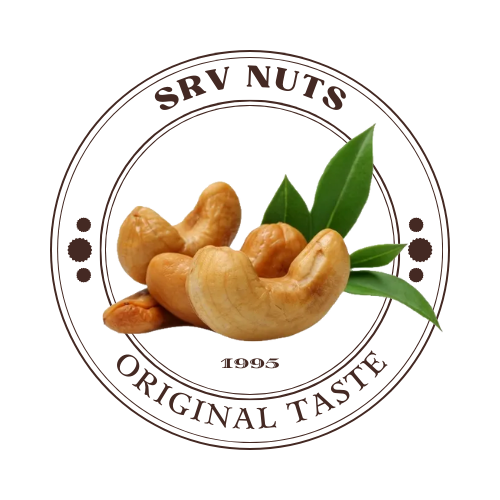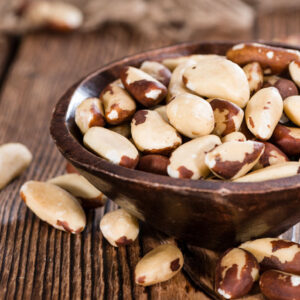As we strive to create a more sustainable and eco-conscious world, it’s essential to examine the environmental impact of the foods we consume. Nuts, often celebrated for their nutritional benefits, also have a role to play in the pursuit of sustainability. In this blog post, we’ll explore the positive aspects of nut production, as well as the potential environmental challenges, to shed light on the path toward a more sustainable future.
The Eco-Friendly Side of Nut Production
- Efficient Water Use: Many nut trees, such as almonds and pistachios, are well-suited to arid and semi-arid regions. They thrive in climates with limited water resources, making them a smart choice in water-scarce areas. However, sustainable water management practices are crucial to prevent over-extraction from groundwater sources.
- Biodiversity: Nut orchards can support biodiversity by providing habitats for various wildlife species. For example, almond orchards often host bees, which play a vital role in pollination, benefiting both nut production and ecosystem health.
- Carbon Sequestration: Trees are natural carbon sinks, and nut orchards contribute to carbon sequestration. The trees absorb carbon dioxide from the atmosphere and store it in their biomass and in the soil.
- Reduced Erosion: Nut trees’ extensive root systems help stabilize the soil and reduce erosion, which can be particularly beneficial in areas prone to desertification.
Sustainable Challenges in Nut Production
- Water Usage Concerns: While nut trees are drought-resistant, some regions have raised concerns about the large amount of water required for nut cultivation, especially in water-stressed areas. Sustainable water management practices, such as drip irrigation and water recycling, are critical to address this challenge.
- Monoculture Concerns: Large-scale monoculture plantations can reduce overall biodiversity and increase susceptibility to pests and diseases. Encouraging crop diversification and integrated pest management can mitigate these issues.
- Chemical Inputs: The use of pesticides and fertilizers in conventional nut farming can have negative environmental impacts. Organic and regenerative farming practices aim to reduce these inputs and minimize harm to the environment.
- Harvesting and Transportation: The carbon footprint associated with harvesting, processing, and transporting nuts can vary depending on factors like distance and transportation methods. Local and sustainable sourcing can help reduce these emissions.
Supporting Sustainability in Nut Consumption
- Choose Responsibly: Look for sustainably sourced nuts and support brands and growers that prioritize environmentally friendly practices.
- Mindful Water Use: Be aware of water usage in nut production and consider reducing water-intensive nut consumption in regions facing severe water scarcity.
- Support Local: Whenever possible, buy nuts produced locally to reduce the carbon footprint associated with transportation.
- Advocate for Sustainable Practices: Encourage responsible farming practices by supporting organizations and initiatives that promote sustainability in the nut industry.
Conclusion: A Sustainable Nutritional Choice
Nuts are not only a nutritious addition to your diet but also have the potential to be part of a sustainable food future. By choosing nuts produced using environmentally friendly practices, being mindful of water use, and advocating for sustainable farming methods, you can enjoy the many benefits of nuts while contributing to a healthier planet. With collective efforts, we can ensure that nuts remain a sustainable and eco-conscious choice for generations to come, fostering a more harmonious relationship between our diets and the environment.
-
Apricots
₹270.00 – ₹1,080.00 -
Badam
₹210.00 – ₹850.00 -
Badam(2-quality)
₹180.00 – ₹720.00 -
Black Dates
₹85.00 – ₹340.00 -
Black Kismis
₹100.00 – ₹400.00 -
Brazil nuts
₹750.00 – ₹3,000.00 -
Broken cashews
₹125.00 – ₹500.00 -
Brown Dates
₹80.00 – ₹320.00 -
Cashew nuts(2ps)
₹150.00 – ₹600.00










Leave a comment